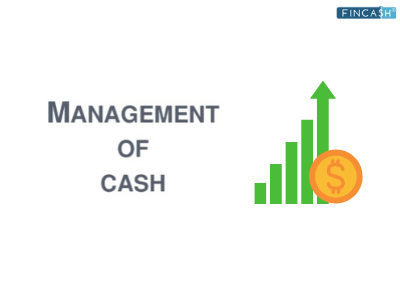
General Manager
What is a General Manager?
A General Manager (GM) is a person who is the in-charge of specific or all operations of a company, including controlling expenses, generating revenue, acquiring funding, and much more. In small-scale companies, a GM could be the one person who is regarded as the top executive.

Commonly, general managers rank above a majority of employees; however, come below the corporate-level executives. The importance and responsibilities linked to the position of a GM may vary depending upon the company and the structure of the domain.
Duties of a General Manager
Basically, general managers get to supervise lower managers. These lower managers could be the in-charge of a variety of small divisions, but report directly to the GM. And then, the general manager is also responsible for directing every head of each department specifically.
As part of supervision, a general manager gets to regulate hiring, coaching, training and disciplining lower managers. Also, a GM even specifies incentives for workers and keeps an eye on the department’s Efficiency while providing strategic plans for the entire business, based on the objectives of the company.
To accomplish such objectives, general managers collaborate with higher executives and managers, along with employees under his supervision. Moreover, a GM also gets the responsibility for budgeting resources towards hiring, equipment, supplies, and marketing.
Considering the complex duties and responsibilities, general managers end up earning more in comparison to employees who are on the entry-level.
Talk to our investment specialist
Types of General Managers
In specific businesses, the general manager typically holds a variety of titles. Overall, the functioning remains the same, which is to regulate general operations and Handle functions at a high-level, like staffing, marketing and financing.
In C-Suite companies, the Chief Executive Officer (CEO) is regarded as the general manager. On the other hand, a company that is operating on lower levels, the general manager gets an array of titles and responsibilities.
The major difference between a CEO and a general manager is that the latter ranks below the executive suite. While a general manager runs a few operations in the company; a CEO gets to run the entire business altogether.
For instance, in a specific Bank, the general manager may be called as the branch manager. And, in a technology company, he would be referred to as the product manager. In a company that provides services, a general manager could be called as a managing director or a managing partner.
All efforts have been made to ensure the information provided here is accurate. However, no guarantees are made regarding correctness of data. Please verify with scheme information document before making any investment.












